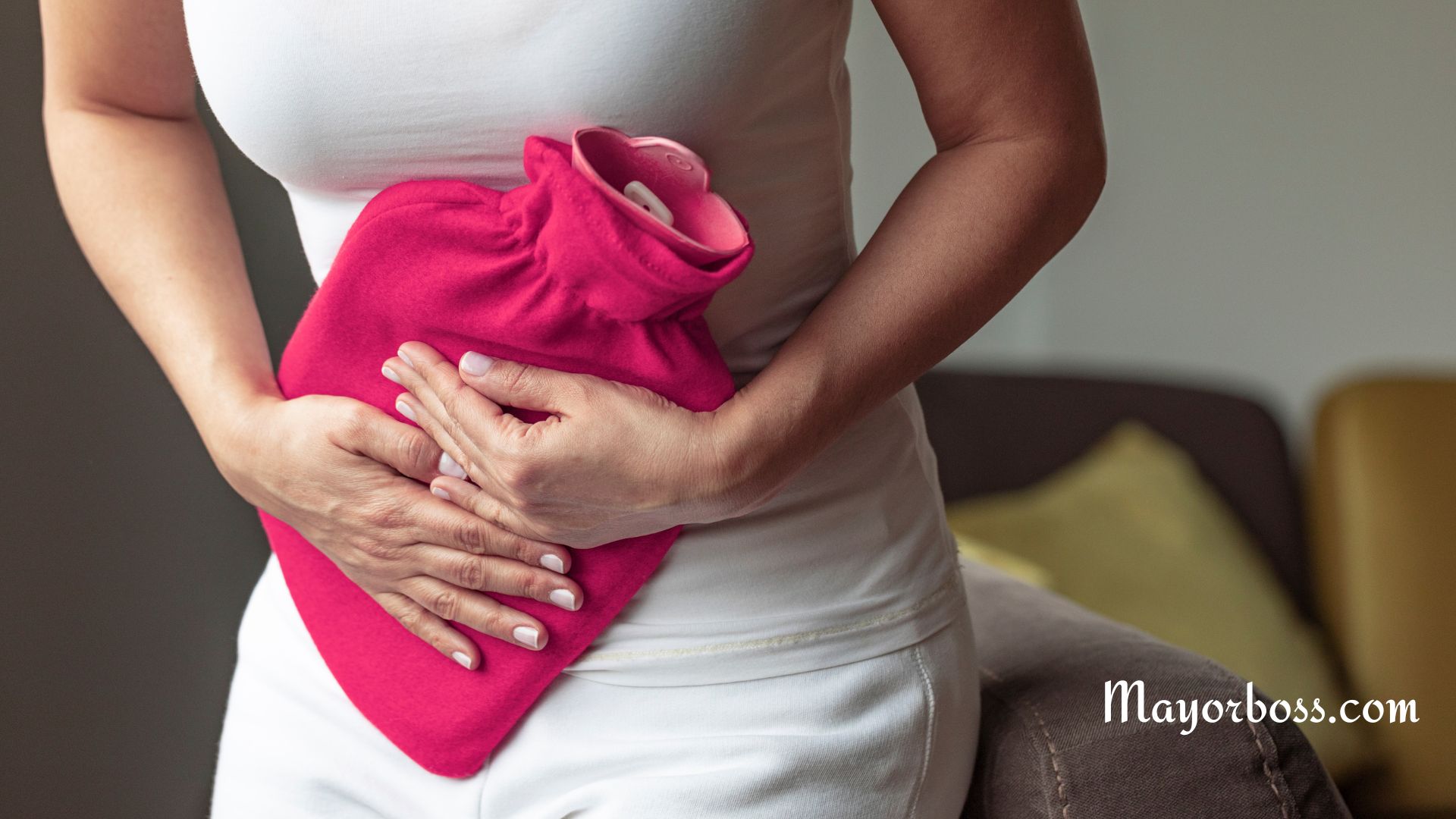What Are Bacteria?
Brief Summary: Bacteria are tiny microorganisms that inhabit various environments, including your body and your home. While some bacteria are harmful and can cause illness, others are beneficial and essential for your health.
What Are Bacteria?
Bacteria are single-celled organisms that exist almost everywhere. They can live in the soil, the ocean, and even in your gut. Despite their tiny size, they play a massive role in maintaining life as we know it.

Types of Bacteria
You’ll find different kinds of bacteria that serve various purposes. Some are beneficial, aiding in digestion and boosting your immune system. On the other hand, harmful bacteria can cause diseases like pneumonia and food poisoning.
Good Bacteria
Good bacteria, often called probiotics, are great for your health. They help in digesting food and can even fend off some diseases. For instance, research suggests that certain good bacteria may help reduce inflammation in the body.
Bad Bacteria
Bad bacteria are the ones you want to avoid. They can make you sick and are often the cause of infections. Research has linked harmful bacteria to a range of health issues, from minor skin infections to more serious conditions like meningitis.
Where Do Bacteria Live?
Bacteria can survive in diverse environments. From hot springs to the icy tundra, they have adapted to extreme conditions. But most importantly, they also reside in and on your body.
Bacteria in the Human Body
Your body is like a vast ecosystem for bacteria. In fact, you have more bacterial cells in your body than human cells. These bacteria help you digest food, protect against infection, and even help with mental health.
Gut Bacteria
The most well-known group of good bacteria resides in your gut. They help break down complex foods and even produce some vitamins. According to several studies, gut bacteria can affect your mental well-being as well.
Skin Bacteria
Your skin is also a home for bacteria. While you might think that’s a bad thing, these bacteria actually help to protect your skin from harmful invaders.
How to Promote Good Bacteria
So, you know that good bacteria are essential. The question is, how can you encourage their growth?
Diet
Eating a balanced diet rich in fiber and low in sugar can help maintain a healthy balance of good bacteria. Fermented foods like yogurt and sauerkraut are especially beneficial.
Exercise
Physical activity can also promote a healthy microbiome. Some research suggests that exercise can increase the diversity of good bacteria in your gut.
How to Protect Against Bad Bacteria
Knowing that bad bacteria are out there, you’ll want to take steps to protect yourself.
Hygiene
Good hygiene practices, such as washing your hands regularly, can prevent the spread of harmful bacteria.
Vaccination
Vaccines can offer protection against bacterial diseases like tetanus and whooping cough. They work by preparing your immune system to fight off these bad bacteria if you’re exposed to them.
Frequently Asked Questions
What Are the Common Types of Beneficial Bacteria?
Common types of beneficial bacteria include Lactobacillus, Bifidobacterium, and Streptococcus. These bacteria are often found in fermented foods like yogurt and kefir. They help with digestion and can improve your immune system. According to various studies, they may also have potential benefits in treating conditions like diarrhea and irritable bowel syndrome (IBS).
Can Bacteria Become Resistant to Antibiotics?
Yes, bacteria can develop resistance to antibiotics, making treatments less effective. This is a growing concern in healthcare. Research has linked the misuse of antibiotics to the rise in antibiotic-resistant bacteria. Therefore, it’s crucial to use antibiotics only when prescribed by a healthcare provider.
How Do Bacteria Affect My Mental Health?
Believe it or not, the bacteria in your gut can influence your mental health. Research suggests that the gut-brain axis, a communication channel between your gut and your brain, plays a role in mood regulation. Some studies even indicate that certain probiotics could help in managing anxiety and depression.
What’s the Role of Bacteria in Food Spoilage?
Bacteria are often the culprits behind food spoilage. They break down the food, producing substances that change its texture, smell, and taste. However, it’s essential to note that not all bacteria that spoil food are harmful; some are merely unpleasant to the senses.
How Do Vaccines Work Against Bacterial Infections?
Vaccines prepare your immune system to fight off harmful bacteria. They contain weakened or inactive parts of the bacterial cell that trigger an immune response. This trains your body to recognize and attack the bacteria if you’re exposed in the future. Vaccination has been incredibly effective in reducing the incidence of bacterial diseases like tetanus and whooping cough.
Are All Bacteria Microscopic?
While most bacteria are microscopic and can’t be seen with the naked eye, there are some exceptions. For instance, Thiomargarita namibiensis is a type of bacteria that is large enough to be visible. However, these are rare exceptions, and the vast majority of bacteria are too small to see without a microscope.






